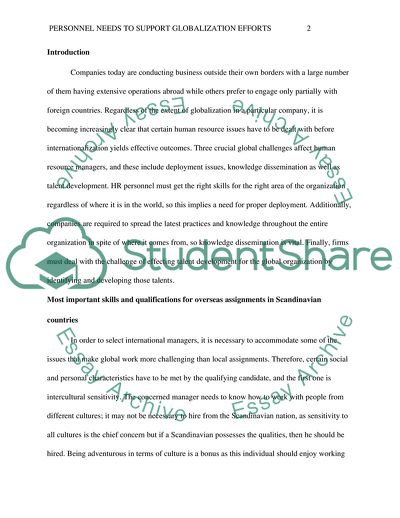Cite this document
(Analyze Personnel Needs to Support Globalization Efforts Assignment, n.d.)
Analyze Personnel Needs to Support Globalization Efforts Assignment. https://studentshare.org/human-resources/1833966-analyze-personnel-needs-to-support-globalization-efforts
Analyze Personnel Needs to Support Globalization Efforts Assignment. https://studentshare.org/human-resources/1833966-analyze-personnel-needs-to-support-globalization-efforts
(Analyze Personnel Needs to Support Globalization Efforts Assignment)
Analyze Personnel Needs to Support Globalization Efforts Assignment. https://studentshare.org/human-resources/1833966-analyze-personnel-needs-to-support-globalization-efforts.
Analyze Personnel Needs to Support Globalization Efforts Assignment. https://studentshare.org/human-resources/1833966-analyze-personnel-needs-to-support-globalization-efforts.
“Analyze Personnel Needs to Support Globalization Efforts Assignment”. https://studentshare.org/human-resources/1833966-analyze-personnel-needs-to-support-globalization-efforts.


